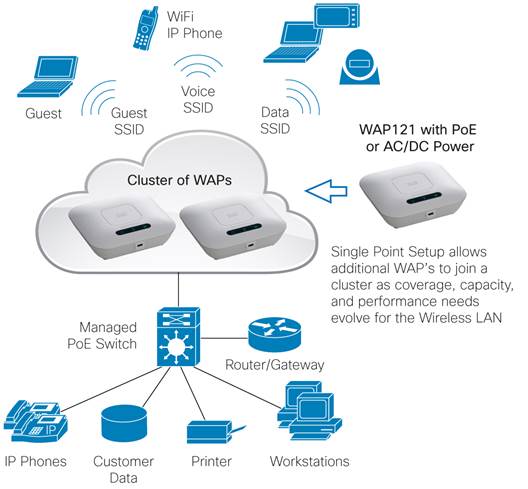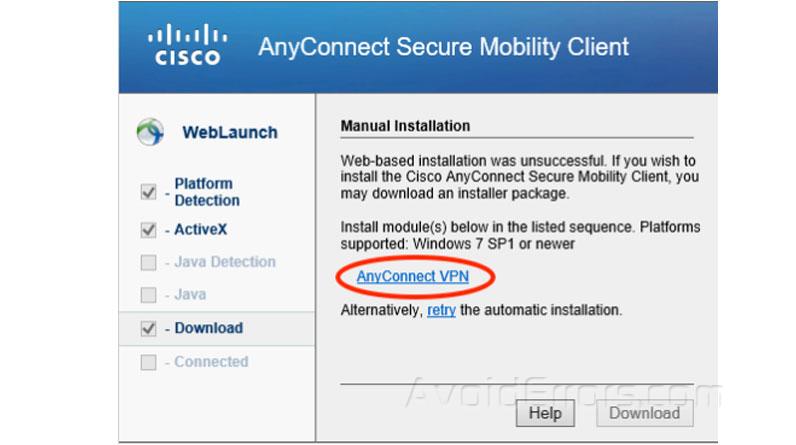
When PSTN became digital, a method called Time Division Multiplexed (TDM) was created.


When telephone business grew, Private Branch eXchanges (PBX) were designed, and deployed in office settings to provide the increasing of telephone lines and to connect internal callers (over trunk lines) through either the PSTN or eventually to destination callers. Initially, the PSTN was a simple one-to-one telephone line connecting phones from one room to another. Initially, the most basic analog network service, called POTS (Plain Old Telephone Service), used a pair of twisted copper wires in order to connect a residential phone to a central office from where a residential customer can dial out in the PSTN.

The Public Switched Telephone Network (PSTN) is a global system of interconnected, various analog sized phone networks which provides users the capability to carry voice conversations with each other.


 0 kommentar(er)
0 kommentar(er)
